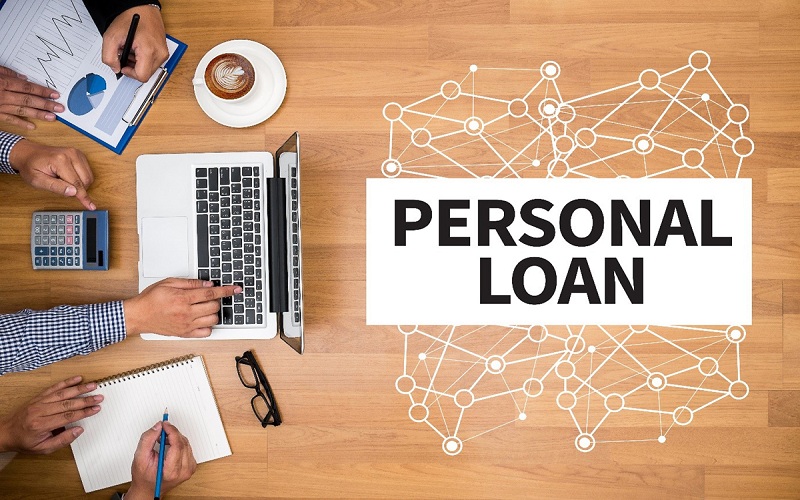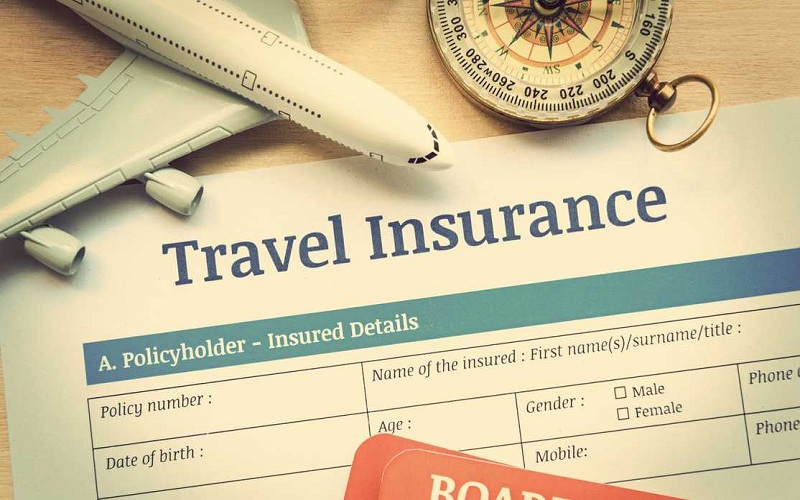A home buyer is required to have private mortgage insurance if their down payment is 20% less than the home’s buying price. PMI protects the lender from suffering a huge financial loss when the borrower defaults on their loan. Private lenders in Vancouver help real estate investors and homeowners to find private funding, buy a new investment property, refinance their property, and debt consolidation regardless of their credit score or income. Are you wondering what type of homeowners should consider private mortgages?
For how long should you buy a PMI?
As long as you are currently on your mortgage, the lender should cancel the monthly mortgage insurance once the loan-to-value ratio falls below 80%. This happens when the loan principal and down payments add up to 22% of the home’s purchase price. This requirement is under the Federal Homeowners Protection Act.
Cost and rates of PMI.
The cost of PMI depends on several factors like:
- Adjustable or fixed interest rates.
- Loan term.
- The amount required by the lender as mortgage insurance coverings.
- Your premium plan and if it’s refundable.
- Loan-to-value ratio or down payment.
- Credit score.
The interest rates are lower in a conventional first mortgage while higher with alternative mortgage options. Mortgages for self-employed people are common for business people who can’t verify their income under traditional lending guidelines. Banks may offer discounted rates but are competitive and this is why the lowest and best mortgage rates in BC can be found when working with a skilled broker.
Reason to consider PMI.
- a) Lack of a source of a steady income is common for the self-employed.
- b) You need emergency funding within a short time.
- c) Bad credit score.
- d) You need to invest in more than one mortgage.
- e) Limited or no credit history because you are an immigrant.
Everything you should know about a private mortgage.
1. Down payment.
Depending on the type of property you want to finance, the private lenders require a minimum down payment of 15%. This protects the lender when you default your loan since they consider the property’s value rather than credit score and employment history.
2. Fees.
To understand the total fees you have to pay, consult a private mortgage provider. Some of the fees may include the following:
ü The loan processing fees.
ü Legal fee. This is applicable if you have administrative fees and you want to transfer your mortgage to a new lender instead of renewing it with the current one.
ü Appraisal fees.
ü Broker fees if a mortgage broker arranged for the mortgage.
3. Interest rate.
The interest rate varies depending on the circumstances and the lender. The rates are usually higher in private mortgages compared to traditional mortgages.
4. Length of the loan term.
Depending on the lender and personal needs, private mortgages have short terms.
Conclusion.
Private lenders are concerned with your property’s value, down payment, and how you will pay your loan back. Several factors affect the cost of private mortgage insurance and they include credit score, loan term, and down payment. You should consider a private mortgage if you lack a steady source of income, have a poor credit score, need to invest in more than one property, or need emergency funding within a short time.

 Optimising Employee Transport Management: Top Strategies for Efficient Commutes
Optimising Employee Transport Management: Top Strategies for Efficient Commutes  The Ultimate Guide to Choosing the Right Lifting Slings for Your Project
The Ultimate Guide to Choosing the Right Lifting Slings for Your Project  Easy Steps to Apply Online for Axis Bank Personal Loans
Easy Steps to Apply Online for Axis Bank Personal Loans  Plan a Stress-Free International Trip with Best Foreign Travel Insurance
Plan a Stress-Free International Trip with Best Foreign Travel Insurance  The IPO Process Explained: Steps to Launching a Successful Public Offering
The IPO Process Explained: Steps to Launching a Successful Public Offering  Essential Features to Look for in a Trading Broker
Essential Features to Look for in a Trading Broker  Factors That Influence prices on the Gold Market
Factors That Influence prices on the Gold Market  Personal Loans for Women in India: Empowering Financial Independence
Personal Loans for Women in India: Empowering Financial Independence  Investment and Insurance: The Dual Benefits of Unit Linked Plans
Investment and Insurance: The Dual Benefits of Unit Linked Plans 






